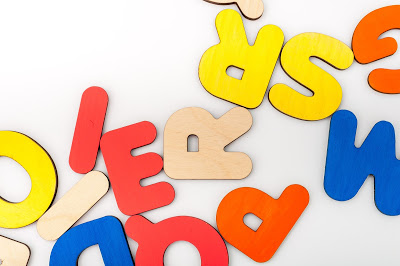
A recent study in Holland has shown that children absorb the language around them well before they learn to speak it.
The study involved 29 Koreans who had been adopted at a young age (half at less than six months, half at 17 months) and then raised in Holland by Dutch-speaking families. Now mostly in their 30s, they’d had little or no exposure to Korean during their lives.
The adoptees and a control group of native-Dutch speakers then undertook a two-week study period of Korean.
Initially, both groups found pronunciation equally difficult, but by the end of the training, the group of adoptees far exceeded expectations when it came to pronouncing Korean consonants. These had been specially selected to be unlike any sounds in Dutch.
A further discovery was that there was no difference between babies who had lived in Korea for just six months and those who had moved abroad at 17 months. This led the scientists to suggest that language knowledge is abstract in nature, rather than dependent on the amount of experience. And that the first language children are exposed to builds the foundations for learning later on.
Language acquisitions starts early. Children learn their mother’s voice while they are still in the womb. This is why mothers living in foreign countries who want their children to grow up speaking their language should speak to their bumps as much as possible.
As any adult speaker who’s been abroad to study a foreign language will know “if you don’t use it, you lose it”. So why not revive your latent language skills, even if they’re only the French or English you learned at high school?


